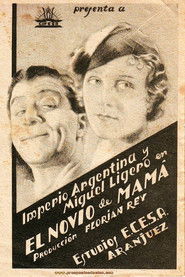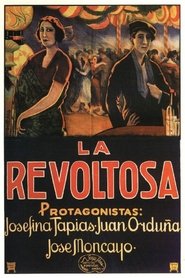detail profile flori c3 a1n rey
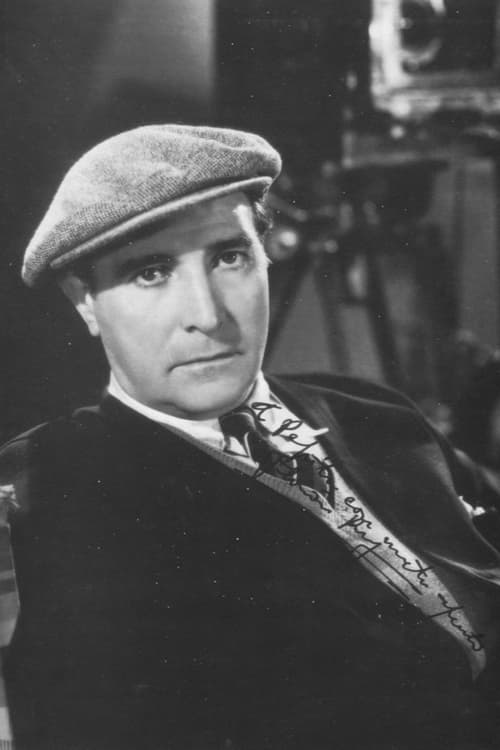
Riwayat Hidup
Florián Rey, real name Antonio Martínez del Castillo (La Almunia de Doña Godina, Zaragoza, January 25, 1894-Benidorm, April 11, 1962), was a Spanish film director, one of the greatest representatives of silent films and the Spanish film industry of the Second Republic.
His film La aldea maldita (1930) is considered the masterpiece of Spanish cinema of the silent stage and some of his popular works of the Republican stage, such as Nobleza baturra (1935) or Morena Clara (1936), starring Imperio Argentina, were very successful, which led him to compete even with the American film industry and opened the possibility of developing a genuinely Spanish film industry, although it was aborted with the outbreak of the Civil War.
Since 1996, the Florián Rey Association created in his hometown has held the La Almunia Film Festival (FESCILA) every May in honor of this Aragonese filmmaker.
This festival hosts a short film contest, a screenplay contest, the Villa de La Almunia award to a person related to the film world who is also related to this town and the Florián Rey award to the professional career.
Info Pribadi
Peran Yang Di Mainkan Florián Rey
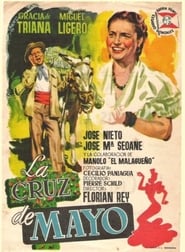 Coral is a girl who works...
Coral is a girl who works...La Cruz de Mayo 1955
Coral is a girl who works in a Seville ceramics factory to raise her family, but her greatest illusion is to sing. She is chosen for her good voice and qualities to go to an art academy. That's the beginning of a great success in her career and an advantageous contract.
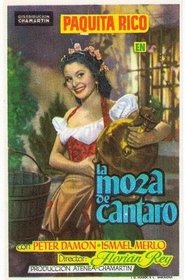 Doa Maria de Guzman a beautiful...
Doa Maria de Guzman a beautiful...La moza de cántaro 1954
Doña Maria de Guzman, a beautiful lady of Ronda has seen as Don Diego slapped his elderly father, disguised as a man pretending to be his brother (the expected return from Flanders) duels with him and kills him. Forced to flee, traveling in company with Don Juan, one of his fans, still hiding her gender. Unable to bear the intimacy with a soldier who believes him, leaving Don Juan and arrives in Madrid. Based on the play by Lope de Vega. The Adventures of Dona Maria de Guzman, a seventeenth-century noblewoman: served in a hostel, dressed as a man, dueled ... A life rich in experiences.
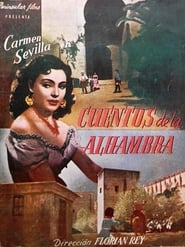 Mariquilla is a beautiful gypsy who...
Mariquilla is a beautiful gypsy who...Cuentos de la Alhambra 1950
Mariquilla is a beautiful gypsy who is in love with Lucas, a soldier of the garrison in the Alhambra, but her father wants to marry her with Don Cosme, a rich old clerk for the service of the mayor. Soon, the girl asks for help to the governor of Granada, a gentleman who has always had a great adoration for the girl.
 Port of Seville Spain 1640 A group...
Port of Seville Spain 1640 A group...The Captain's Ship 1947
Port of Seville, Spain, 1640. A group of people from very different origins embark on the ship Capitana. They are members of the upper class, adventurers, peasants, convicts, who have only one thing in common: the illusion of arriving in America, the promised land where they can make their dreams and ambitions come true.
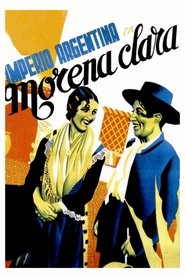 Trini and her brother Regalito are...
Trini and her brother Regalito are...Morena clara 1936
Trini and her brother Regalito are two gypsy brothers stealing hams. At trial, the severe prosecutor Enrique accused them of the misdemeanor, although they do not understand the nature of their crime and the justice of non-gypsies. Trini ends up serving in the house of the prosecutor, who, discovering her good heart, eventually falls in love with her.
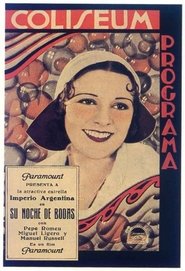 An American movie star vacationing in...
An American movie star vacationing in...Her Wedding Night 1931
An American movie star vacationing in France gets mixed up with a songwriter, mistaken identity, and winds up married to someone she doesn't know. Spanish language version of the 1930 Clara Bow film "Her Wedding Night."
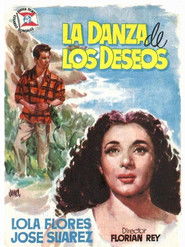
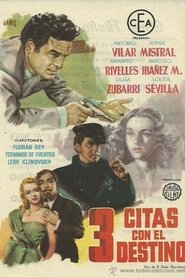
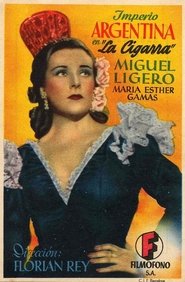 Soledad known as La Cigarra agrees...
Soledad known as La Cigarra agrees... Two women claim the custody of...
Two women claim the custody of...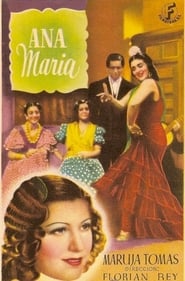
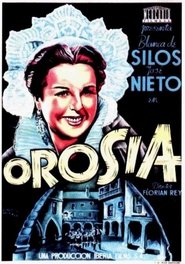
 The goalkeeper of a football team...
The goalkeeper of a football team...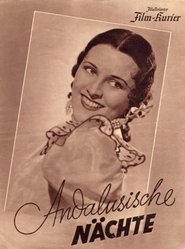
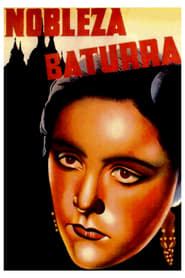 Aragn Spain early 20th century Mara...
Aragn Spain early 20th century Mara...